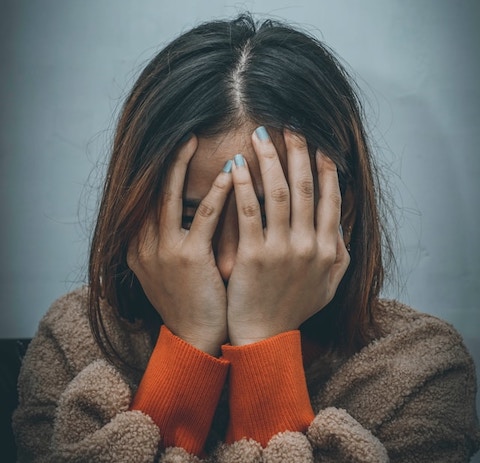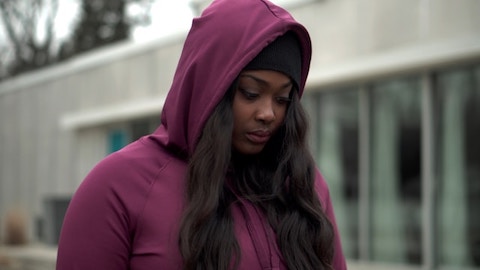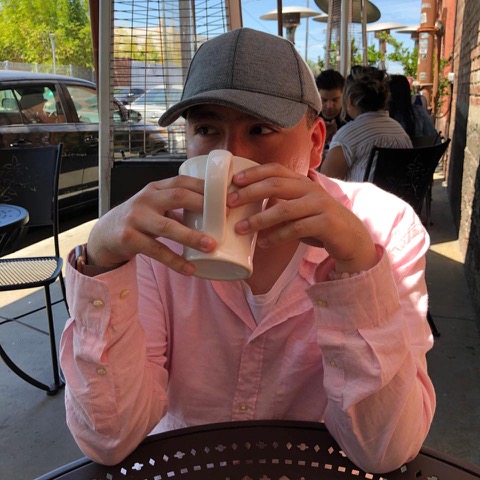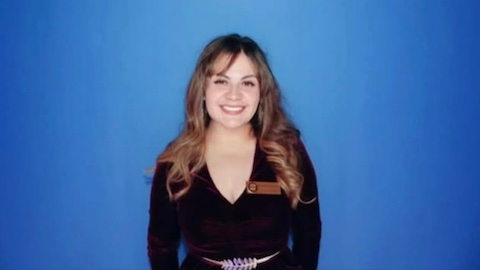
21 May ‘I Just Felt Worthless’ — Until I Approached Therapy Truly Ready for Change

“I think I realized it was bad to be so comfortable with sadness, and that I genuinely wanted to change,” writes the author (not pictured) of what finally made them truly open to therapy. (Photo by Dev Asangbam on Unsplash)
Editor’s note: This is part of our coverage for Mental Health Awareness Month, reflecting the theme of this year’s campaign by the National Alliance on Mental Illness: “In every story, there’s strength.” We are withholding the author’s name because they are a 17-year-old high school student.
Commentary, Anonymous
Therapy always seemed like something that other people did — people with the resources, the space to slow down, people whose struggles didn’t come with an unspoken rule to just push through. In my house — or houses, since my parents were separated — emotions were either hidden or laughed off. In my mom’s house, there was always so much going on that you didn’t have time to be sad. In my dad’s house, if you were sad, you went to your room and said you had homework. If you were angry, you prayed. If you cried, someone probably patted your shoulder and handed you food.
I’m not saying my parents did a bad job raising me, because that is the opposite of true. I love them dearly and they have given me the strength to be who I am today. But they didn’t quite teach emotional intelligence.
Growing up in my dad’s household, I learned early on that vulnerability was not something you displayed; it was something you buried under chores, jokes, and a smile.
Mental health just wasn’t part of our conversations. We talked about our days, how school was going, and our next visit to see family. Therapy was for people who didn’t have a Mexican dad to “set them straight.”
Humor was how we coped. So, naturally, humor became my shield and my way of deflecting. But humor can only carry so much weight before it starts to crack.
When COVID hit the United States, isolation made me feel alone and sad. On top of that, the amount of social media I was consuming probably wasn’t helpful. At some point, I got tired of feeling so bad all the time. I realized it was time to make a change. Unhealthy habits, including self-harm, were the breaking point. My mom found out from my friend that I was harming myself, and booked me an appointment with a therapist. The therapist was really nice, but I don’t think she was the most helpful for me personally.
My feelings of depression continued to get worse and worse. I started to build unhealthy habits and cope with unhealthy methods. I thought no one truly cared about me because they all had their own lives and problems to worry about. I felt like I was a burden to those around me. Honestly, I just felt worthless, like I didn’t deserve to live.
>>>Read: Therapy Was Taboo in My Household. Turns Out, It’s the Magic I Needed<<<
Luckily, my mom recognized this, and found me another therapist. She found an intensive outpatient program and I had several meetings a week, including group therapy. Generally, it was hard for me to open up. I felt like I was being corny or acting like the world revolved around me. Plus, my background knowledge on emotional intelligence (practically none) didn’t help either. I liked my therapist, but I wasn’t very open-minded about the program. I missed many meetings and took it for granted.
When that therapist retired, I tried to reach out to find someone else, but I was ultimately unsuccessful. After some time, though, I got connected with a therapist from my school. It was then that I really started to open up. I’m not sure what changed in me. I think I realized it was bad to be so comfortable with sadness, and that I genuinely wanted to change.
The more I opened up, the more confident in myself I became. It was a cycle of being vulnerable, letting some pressure off of my shoulders, feeling better, becoming more confident, and then it would repeat. There are definitely still hard days, but I learned that therapy can be for anyone. They just need a therapist they connect with and to want to change. The want to change is where it starts, and then the effort is what pays off. I learned truly that you get out what you put in. It doesn’t make you weak to need support.
Even though I still struggle with being vulnerable at times, I realize now that it actually makes you stronger because you’re working through uncomfortable situations and emotions, and that in itself requires bravery and strength. It’s like exercising a muscle; the more work you put in, the better results you’ll see. But no one else can do the work for you. You have to want it for yourself.






No Comments